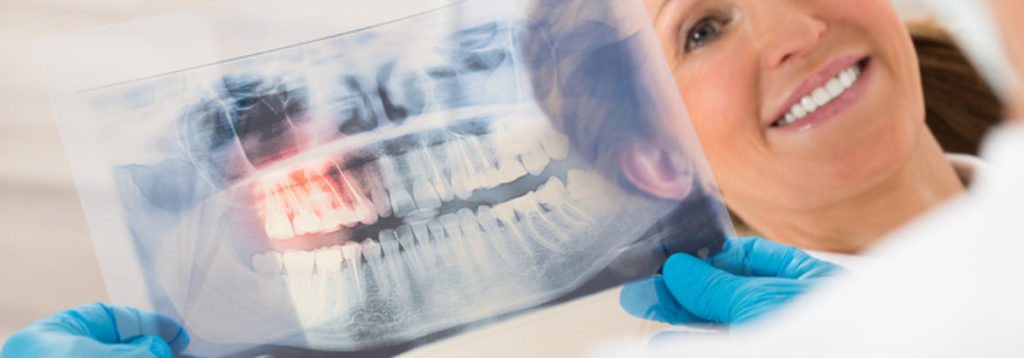If you recently visited a Happy Valley dentist, give yourself a high-five. Your oral health matters to more than just the state of your teeth and gums. Research has shown that common oral health problems like tooth decay and gum disease can increase our risk for serious problems like cardiovascular disease, diabetes, and dementia. Lowering your risk for these type of health concerns requires receiving regular dental care from a Happy Valley dentist like Dr. Suess.
Even though not everyone enjoys visiting the dentist, the benefits offered by preventative dental care like cleanings and exams greatly contributes to keeping your smile looking and feeling its best. But how often should most patients visit the dentist, and why do exams play such an important role?
Let’s take a look at why preventative dental care matters.
Why does Getting My Teeth Cleaned Matter?
While brushing and flossing play an important role in helping us maintain the health of our smiles, these daily habits can’t quite do enough on their own to provide enough protection, especially if we don’t brush or floss frequently enough.
The American Dental Association recommends brushing for two minutes twice a day; once in the morning and again at night. However, studies conducted by the ADA have found that the average person only spends one–minute total brushing a day. That’s just a quarter of the amount recommended.
Additionally, the ADA also recommends flossing daily. But once again, studies have shown that only 49 percent of adults floss daily, with 10 percent not flossing at all.
By not brushing for long enough or failing to floss daily, we allow plaque – a sticky biofilm made of harmful bacteria – to cling to the surface of our teeth. When plaque remains on our teeth, it hardens into tartar, a yellowish substance that discolors our teeth while also contributing to the development of gum disease and tooth decay.
Unlike plaque, which you can remove through brushing and flossing, tartar can only be removed during a professional dental cleaning.
Once tartar deposits form, your risk for tooth decay, gum disease, and even tooth loss, increase significantly. Helping to restore your teeth and gums back to health requires receiving regular cleanings by a Happy Valley dentist, like Dr. Suess’ team of dental hygienists at Clackamas Smiles.
How Often do I Need to Have My Teeth Cleaned?
Twice annual cleanings can help to prevent tartar and plaque buildup. However, depending on the current state of your oral health, Dr. Suess may recommend more frequent visits.
Patients with diabetes, or who are expecting, may need to receive more regular cleanings to lower their risk for developing gum disease. Additionally, patients dealing with severe gum disease may need to receive more frequent cleanings until their gum health improves.
Biannual cleanings also provide Dr. Suess an opportunity to assess the current state of your oral health, while also performing an oral cancer screening. Spotting the early signs of disease, especially oral cancer, significantly improves your chance for fully restoring your oral health back to health.
How Healthy is My Smile?
The majority of oral health problems don’t manifest any symptoms until they have fully progressed into a significant issue that requires immediate care. This can make it difficult for many patients to really have an accurate understanding of the current state of their oral health. After all, if their teeth feel healthy, they must be healthy, right?
To help you gain a better understanding of whether your oral health may be at-risk, here are a few yes/no questions you should ask yourself?
- Do you snack a lot during the day?
- Do you eat a lot of sugary foods and drinks?
- Do you brush twice a day for at least two minutes?
- Do you floss daily?
- Do you usually have a cavity each time you visit the dentist?
- Do you deal with dry mouth?
- Does your breath frequently stink?
If you’ve answered yes to the majority of these questions, odds are your oral health isn’t quite as strong as you might think.
Fortunately, the effects of tooth decay and even gum disease can be reversed with regular dental care. Don’t take a risk with the health of your smile. Schedule your next exam with Dr. Suess today!

